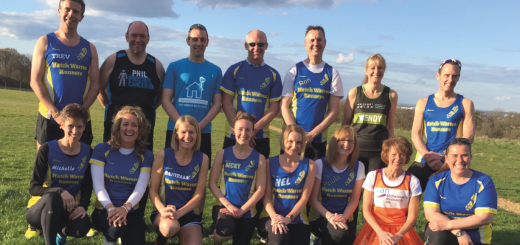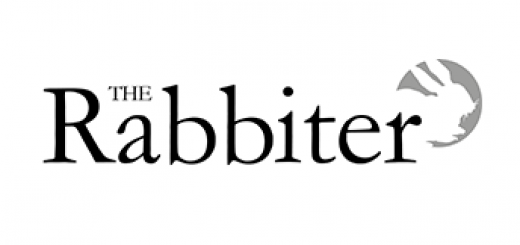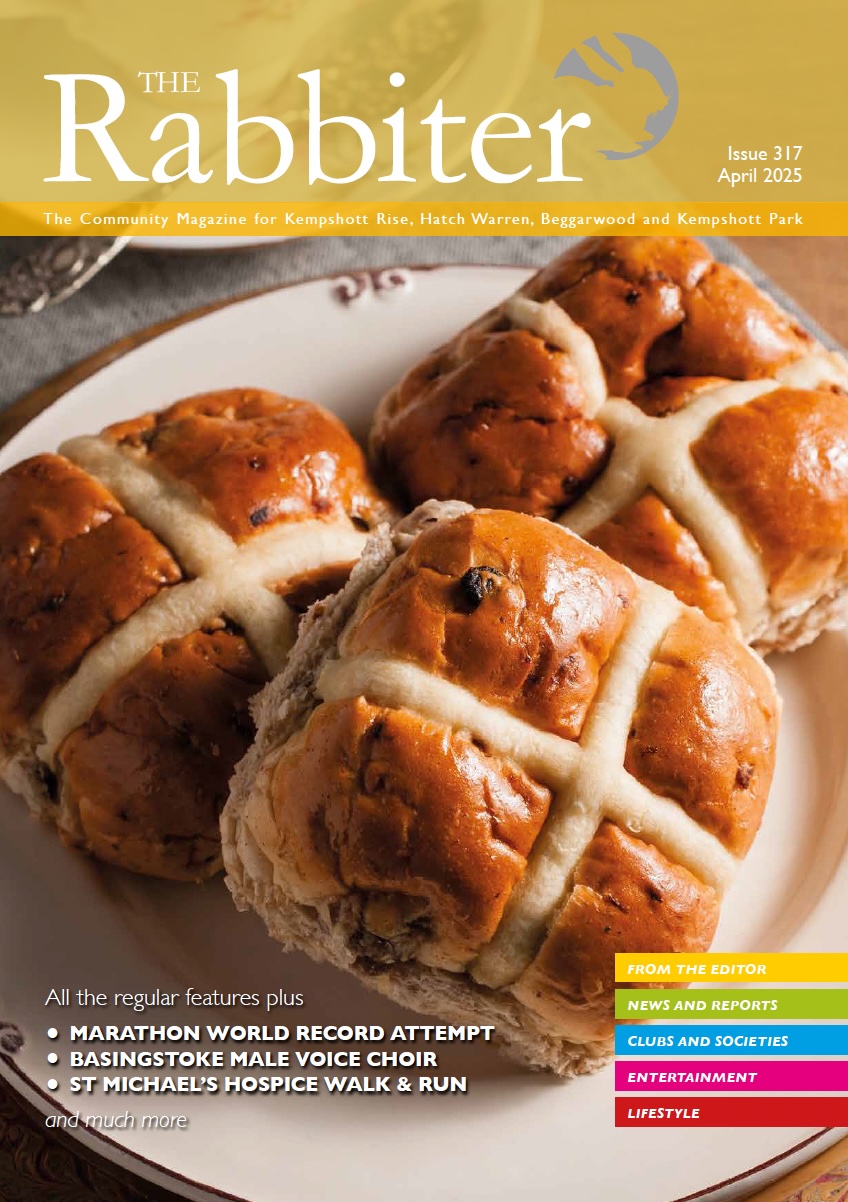Hatch Warren Nature Group
With the coming of Spring we saw some of the results of our efforts. Primroses grown from local wild seed plant-ed last Autumn flowered along the edges of verges and wooded areas around Woodbury Road and St Marks Pri-mary School. Then came Cowslips, mostly in St Marks Meadow sown as seed 3 years ago. People driving across the M3 to Farleigh Wallop, (new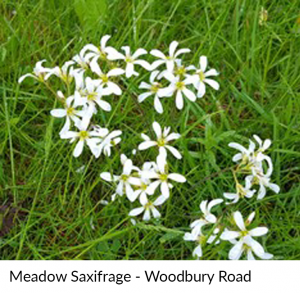 ly named Garlic Lane), may have noticed Cowslips growing on the grassy banks on the east and west side and a few on the bank round the corner above Old Beg
ly named Garlic Lane), may have noticed Cowslips growing on the grassy banks on the east and west side and a few on the bank round the corner above Old Beg
garwood Lane. These early wild-flowers provide food, nectar and pollen for insects and later seed for birds and small mammals.
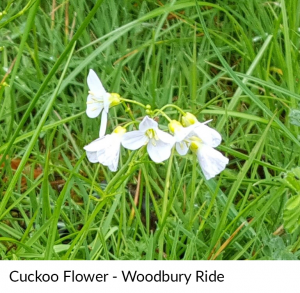 More recently a few Meadow Saxifrage have flowered including beside Woodbury Road. In Woodbury Ride several Cuckoo Flowers also known as Ladies Smock made their first appearance. The origin of the name “Cuckoo Flower” came about because this plant flowers when the call of the Cuckoo is heard again on its return from winter migration.
More recently a few Meadow Saxifrage have flowered including beside Woodbury Road. In Woodbury Ride several Cuckoo Flowers also known as Ladies Smock made their first appearance. The origin of the name “Cuckoo Flower” came about because this plant flowers when the call of the Cuckoo is heard again on its return from winter migration.
Sadly the day after the Cuckoo Flowers had appeared all but 1 disappeared. We think that like some of the Cowslips the flowers were probably picked by someone, perhaps a young person, who enjoyed seeing the flowers but per-haps did not appreciate how important wildflowers, shrubs and trees are to our wildlife. A butterfly called the Orange Tip lays its eggs mostly on Cuckoo Flowers so that when the caterpillar hatches the correct food (the leaves) are available at the right time for it to feed on. If th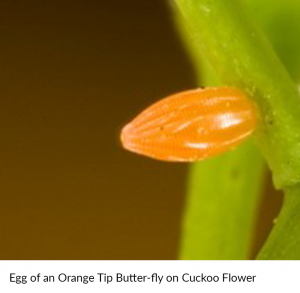 ere are no Cuckoo Flow-ers then the Orange Tip may not lay many eggs and there will be less butterflies. Unbeknown to many people there may be tiny eggs on wildflowers so small that they cannot easily be seen with the naked eye. If the flower is picked then the eggs will never hatch. We want wil
ere are no Cuckoo Flow-ers then the Orange Tip may not lay many eggs and there will be less butterflies. Unbeknown to many people there may be tiny eggs on wildflowers so small that they cannot easily be seen with the naked eye. If the flower is picked then the eggs will never hatch. We want wil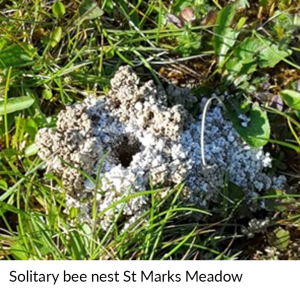 dflowers to produce seed as well so that the numbers increase over time meaning more food for wild-life. That cannot happen if the only few we have are picked.
dflowers to produce seed as well so that the numbers increase over time meaning more food for wild-life. That cannot happen if the only few we have are picked.
People go to a shop to buy food grown on a farm but wildlife cannot do that. There are now so many people and farming is so intensive that there is too little food for wildlife. Humans need food crops to be pollinated and our air and wa-ter to be clean but that can only happen if we have an abundance of trees, shrubs and plants, and they are no longer abundant.
We need some of the green spaces in our towns to produce food for nature, but there are lots of other benefits. Instead of amenity mown grass and wild-life declining and disappearing we can enrich our lives by restoring our colour-ful wild plants, shrubs and trees. Doing so will increase the numbers of butter-flies, birds, bees, and other wildlife that can give all ages great pleasure.
On a lighter note, it has been lovely to see so many solitary bees making their home in St Marks Meadow. The bees excavate a nest creating a small mound of soil debris. If they find a good supply of food they will come and stay, it re-ally is that simple.

